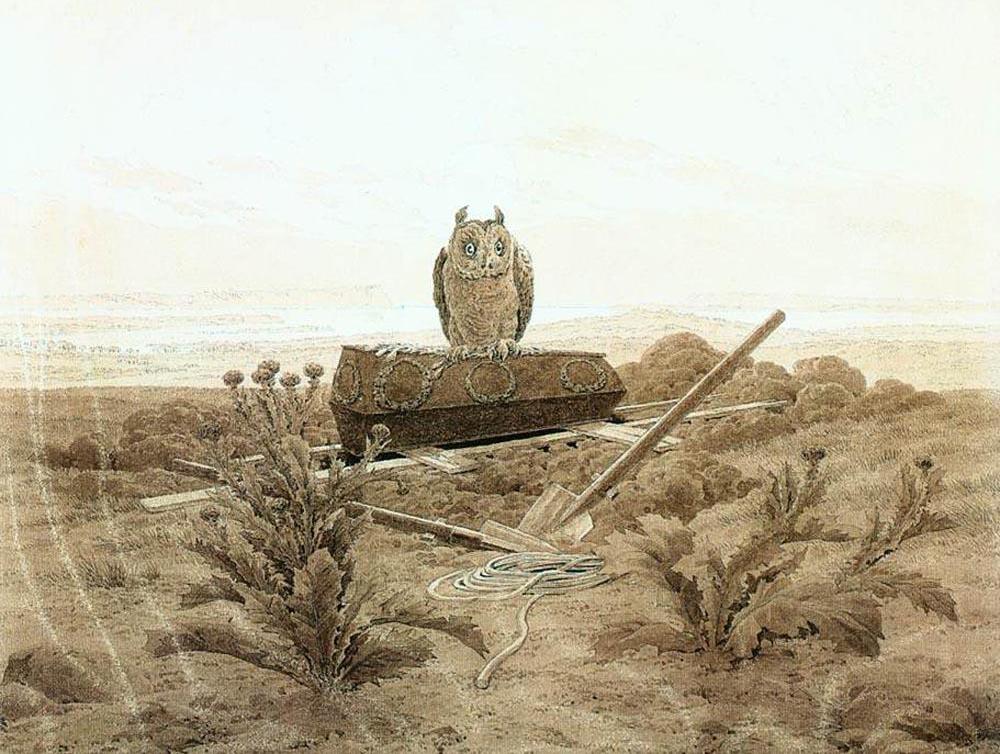HUMS 316, World Order in Liberal Arts

Course Description:
International security as humanity’s primary problem beyond policy methodologies. America’s unique place for and against world order seen in classical literature and intellectual forays into Japan, Africa, Palestine, Persia, etc. Kissinger Papers at Yale provide case studies.
Led by:

Professor Charles Hill is a diplomat in residence and lecturer in International Studies at Yale University. He is a career minister in the U.S. Foreign Service, serving in a variety of roles such as Deputy Assistant Secretary for the Middle East at the State Department, Chief of Staff of the same, and executive aid to former U.S. Secretary of State George P. Shultz.
He served as special consultant on policy to the secretary-general of the United Nations from 1992 to 1996. Professor Hill has collaborated with former U.N. Secretary General Boutros Boutros-Ghali on Egypt’s Road to Jerusalem, a memoir of the Middle East peace negotiations, and Unvanquished, about U.S. relations with the U.N. in the post–cold war period. He is also the editor of the three-volume Papers of U.N. Secretary-General Boutros-Ghali, published by Yale University Press.
His book “Grand Strategies: Literature, Statecraft and World Order” is published by Yale University Press. His “Trial of a Thousand Years: Islamism and World Order” is published by the Hoover Press, Stanford University.
Testimonials:
This course was previously offered in the Spring of 2017 and Spring of 2019. Testimonials are taken from student course evaluations.
-
“A critical insight into the art of how to think, augmented by the most creatively challenging array of history and archetypes of thought across the peoples of the world. […] the entelechy of my Yale experience.”
-
“This is the best course I have ever taken. I learned about the current system of World Order, and about those that have shaped world order. Most importantly, […] and how to think in terms of a statesman.”
-
“This big-picture approach is the perfect ending to my Yale career. It is tough to think at world-order levels…This made the course worthwhile.”